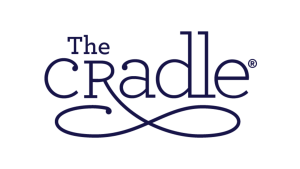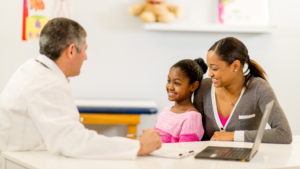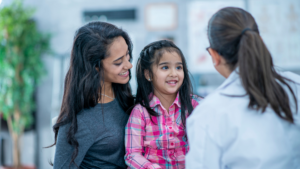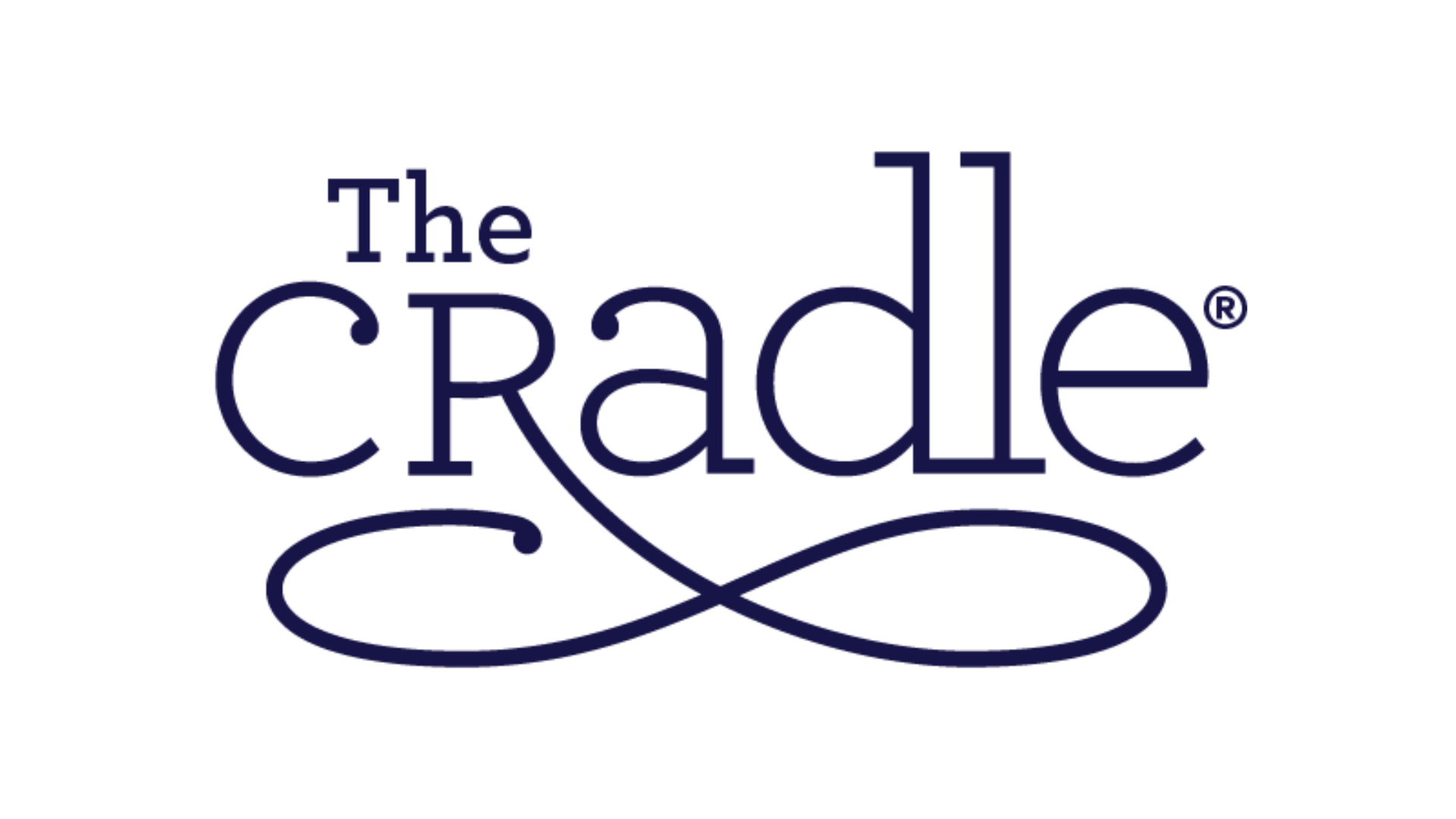It’s completely natural for your child to be curious about their birth parents. While most adoptions are now open, some children may not have an ongoing relationship with their birth parents either because there was never contact with the birth family or communication was lost over time. In these instances, connecting or reconnecting with birth parents may feel challenging for adoptive parents and their children.
Nina Friedman, Director of Post Adoption Support at The Cradle, shares insights on how to navigate the process. With preparation, understanding, love and patience, you can support your child as they seek to know more.
Talking to Your Child About Their Birth Parents
Open adoptions often include contact with birth parents or birth families from the beginning. However, that is not always the case. Sometimes, maintaining a connection can be difficult for birth parents; they may not have felt ready for contact at the time of your child’s adoption or perhaps a lifestyle change or challenging life events may have led to a loss of contact with you over time.
Regardless of contact, discussions about adoption and birth parents should be woven into your family’s life, starting as soon as you bring your child home, so they grow up knowing this part of their history and knowing it is safe to ask questions.
“We don’t want a child to remember the day they learned they were adopted. It should be something they have always known. And, by making adoption and birth family a part of the conversation, you are sending the message that you are comfortable with, and open to, talking about adoption and birth family,” Friedman says.
Learning About Birth Parents
It is normal for an adopted child to want to know about their birth parents. They may ask questions or bring up adoption and birth family in different ways and at different times. Learning about birth parents and their adoption story helps with their identity development.
There is a broad range of possible reasons your child may want more information about their birth parents, including:
- Understanding their adoption story: Your child may want a deeper understanding of why they were placed for adoption.
- Yearning for a sense of physical connection or heritage: Children may wonder where their physical features came from and want to know who they resemble. This is especially common in transracial adoptions, where children may want a link to their cultural and ethnic heritage.
- Learning about their family history: You and your child may want to know more about their birth family’s genealogical and medical history. Learning about their family medical history can be particularly helpful if they have genetic predispositions to diseases or health conditions, and in some cases this knowledge can assist with a medical diagnosis.
- Knowing their birth family is okay: Your child may worry about their birth family or simply want to know how they are doing.
How to Support Your Child
Your child needs to know that you are comfortable with their curiosity about their birth parents. Below are some ways to support your child when they express that they want to learn more about their birth parents. Keep in mind that every child is unique, and there is no one-size-fits-all approach to navigating this process.
- Meet with an adoption-competent counselor: A counselor can help your family discuss their thoughts and feelings while creating a plan for the best way to proceed. Friedman suggests meeting with a counselor as the first step in this process. It can even be helpful for parents to initially meet with a counselor alone to prepare for how to best be supportive.
- Explore motivations and set realistic expectations: This is best done with an adoption–competent counselor. Talk through what you and your child hope to get from learning more. Discuss various possible scenarios so that you and your child can emotionally prepare not just for the outcomes they are hoping for, but for potential disappointments as well. Birth parents may not be ready or able to have the type of relationship you and/or your child wants. Be realistic in setting expectations and help your child stay grounded throughout the process. Of course, the age of the child should be kept in mind when having these discussions.
- Send updates to your adoption agency: If you are not in contact with your child’s birth parents, send pictures and updates about your child and your family to the adoption agency, to hold for your child’s birth parents. Friedman recommends doing this at least annually and inviting your child to be part of the process by letting them choose what materials and updates to include. “The child is doing something proactive, and the family is doing something proactive,” she says. “And it’s sending a message that the child can talk about adoption and birth parents with you.” If the adoption was not through an agency, or even if it was, consider creating a keepsake box where you and your child can hold items, letters and photos for birth parents.
- Offer unwavering support: Keep your child company throughout this process and provide constant, unconditional support. It is ok for them to be sad about not having contact. Be sad with them. It will comfort them to know you’re by their side no matter what.
If you need help thinking through what may work best for your child, or any additional support during this process, The Cradle is here to help with educational resources and adoption-competent counseling. Fill out our inquiry form or call us at 847-475-5800 for more information or to get in touch with a counselor.














